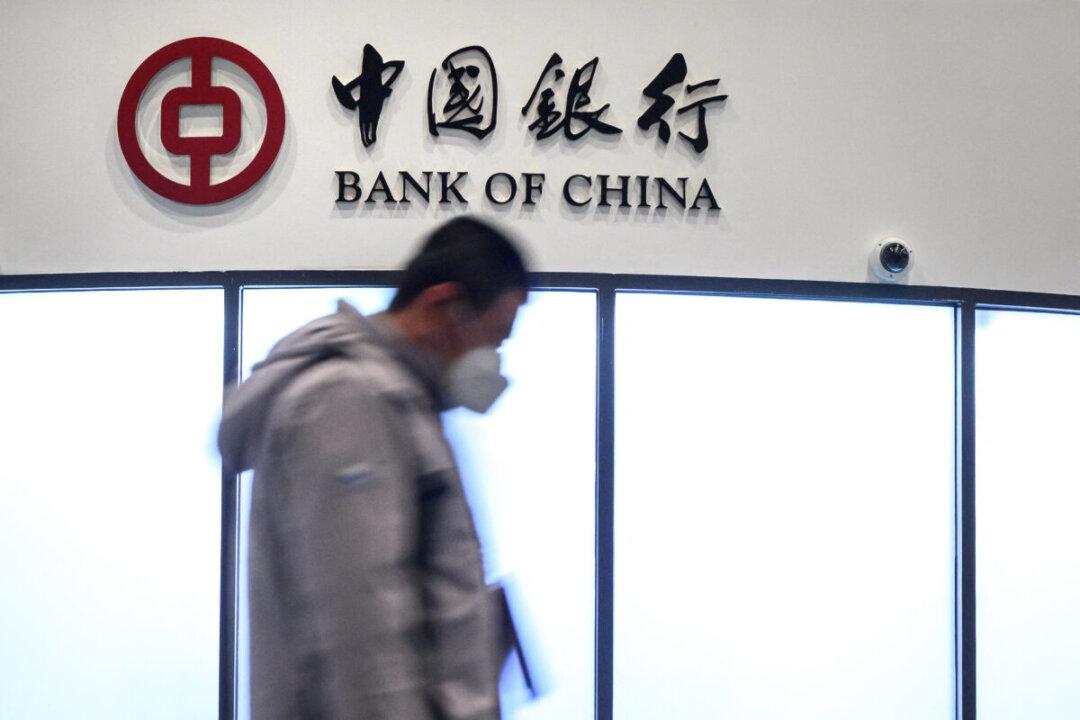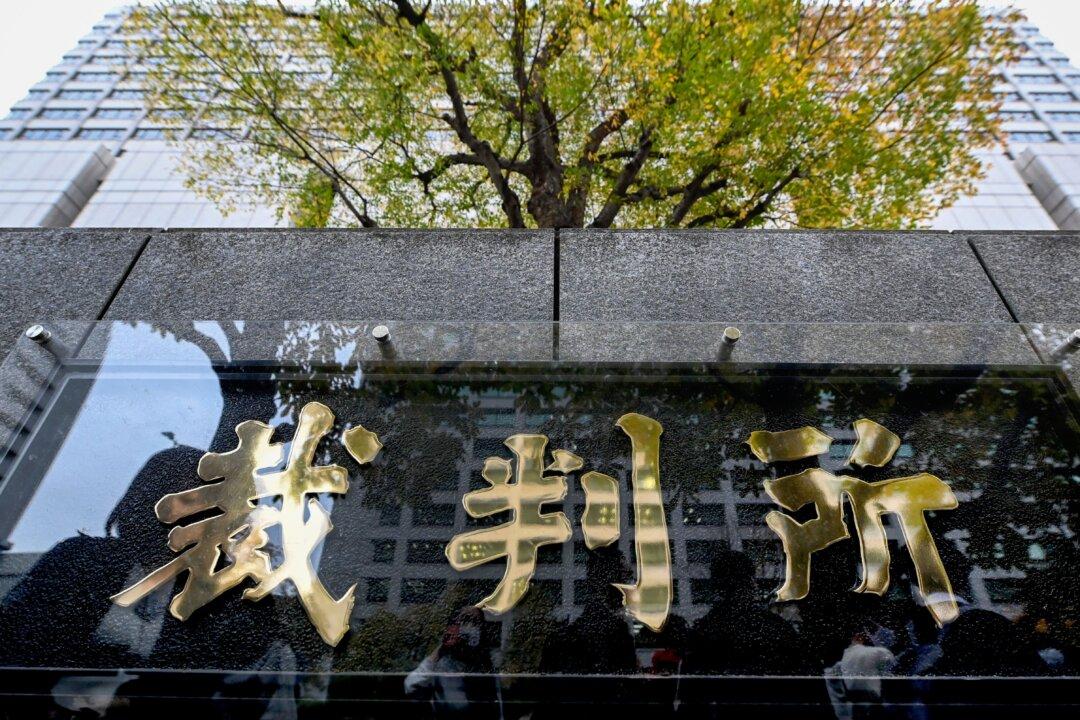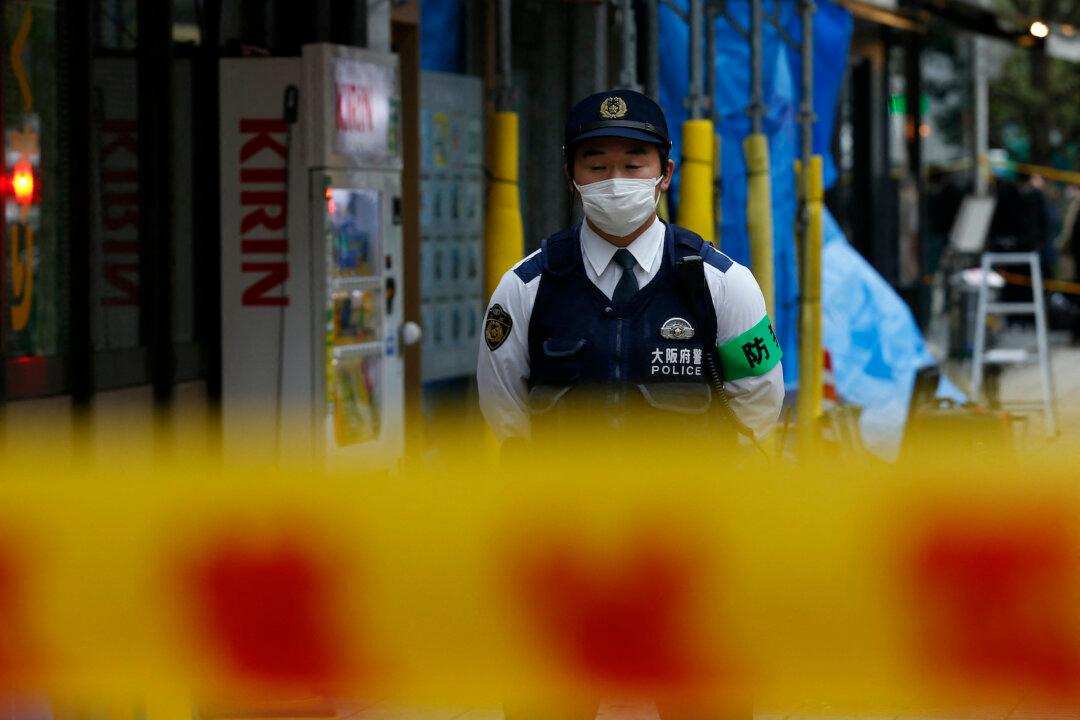A Chinese banking watchdog is seeking to tighten its grip over financial data to avoid leaks to overseas banking supervisors. Financial experts believe this is part of the Chinese Communist Party’s (CCP’s) effort to cover up its economic secrets and the corruption of senior officials.
On Nov. 11, the China Banking and Insurance Regulatory Commission (CBIRC) issued a “draft request for comments” on amendments to the Banking Supervision and Regulation Act. The amendments increase restrictions on access to financial data, reported state-run media The Paper.




